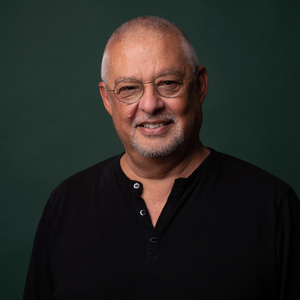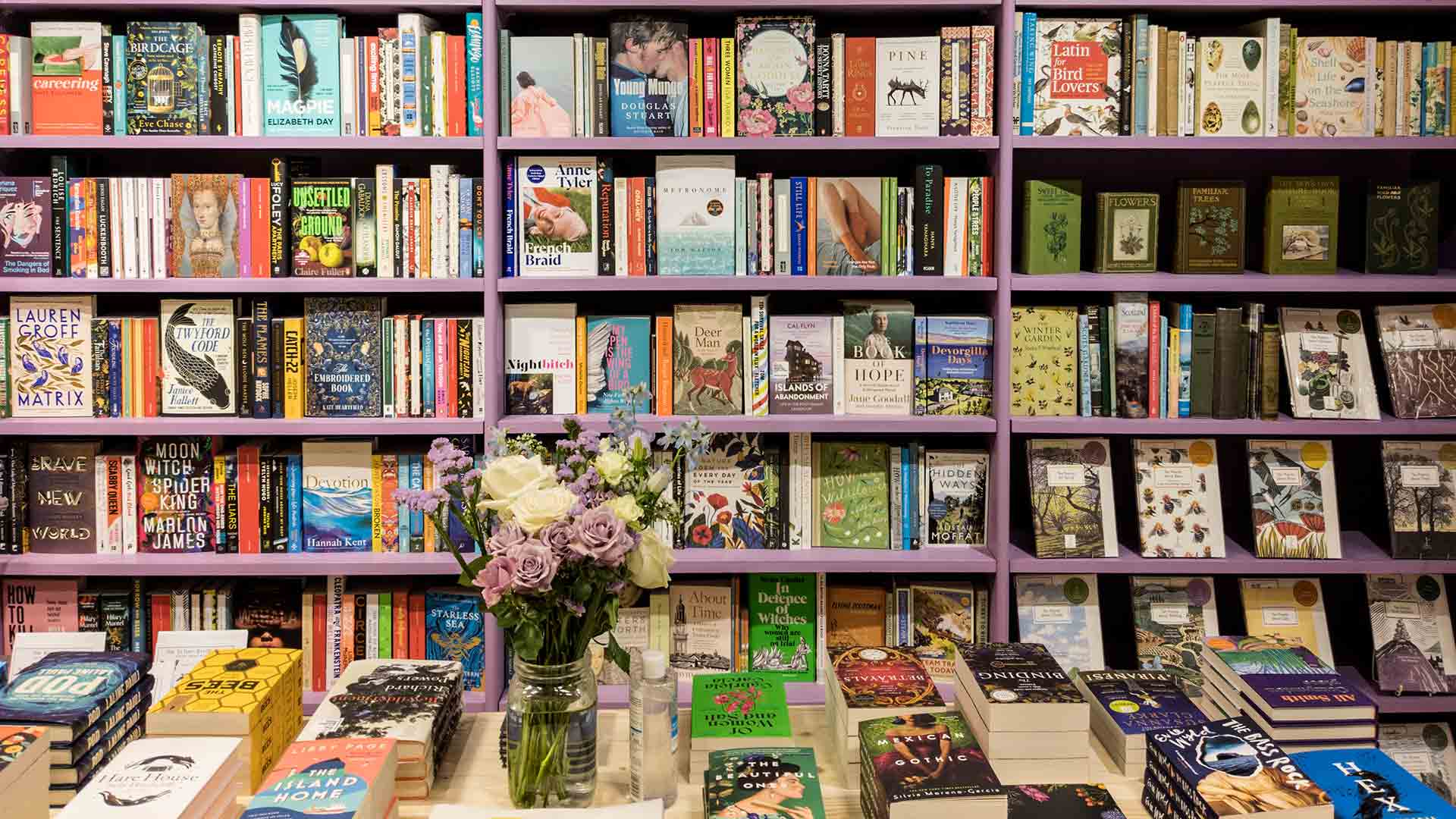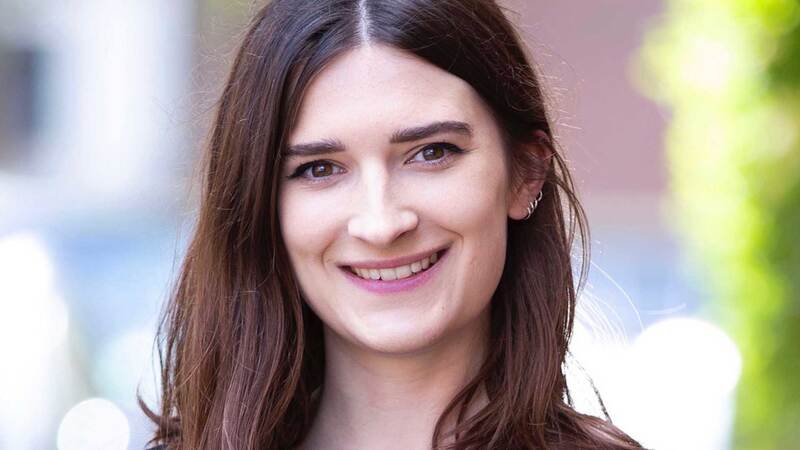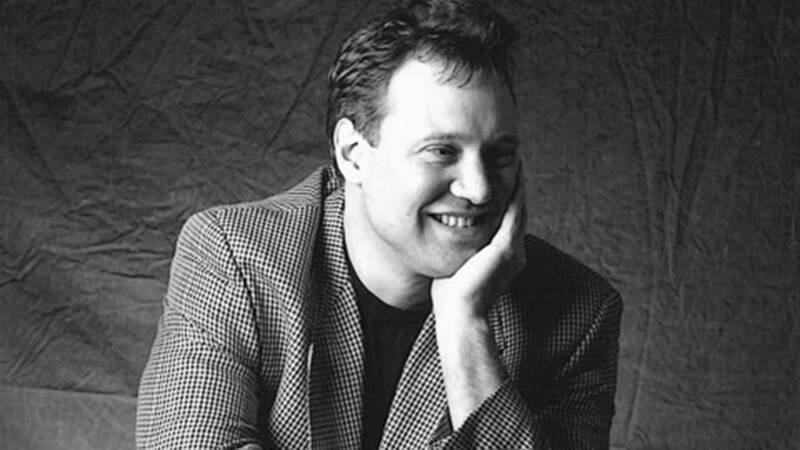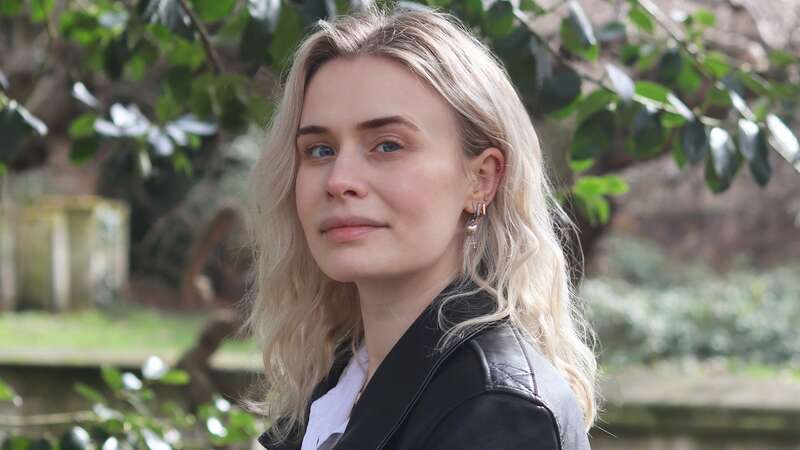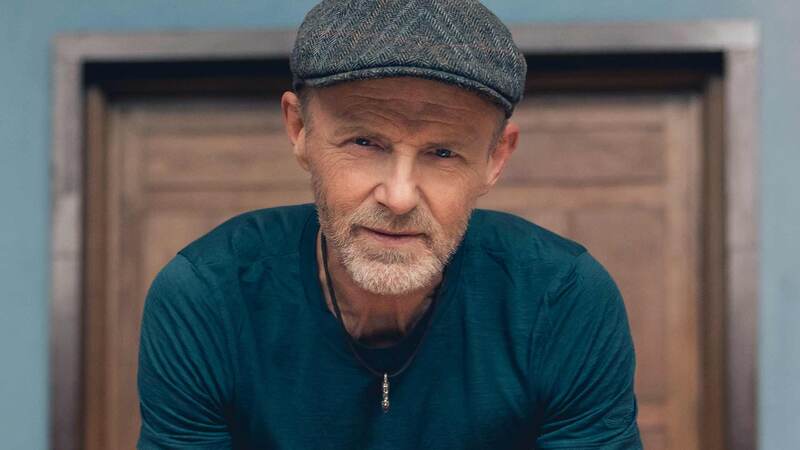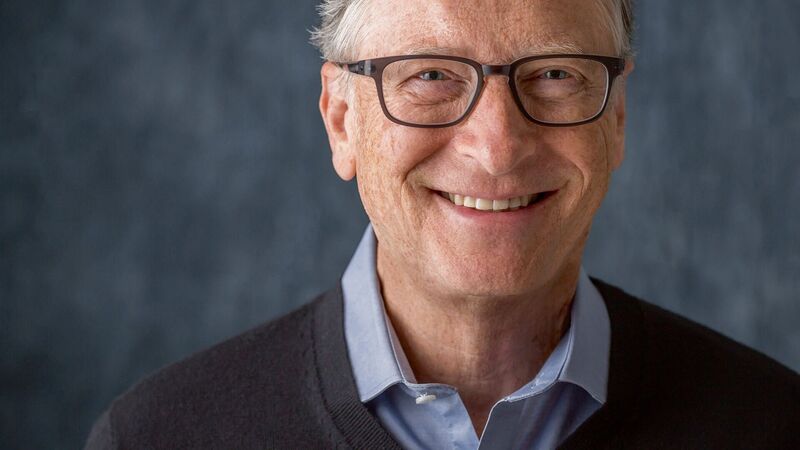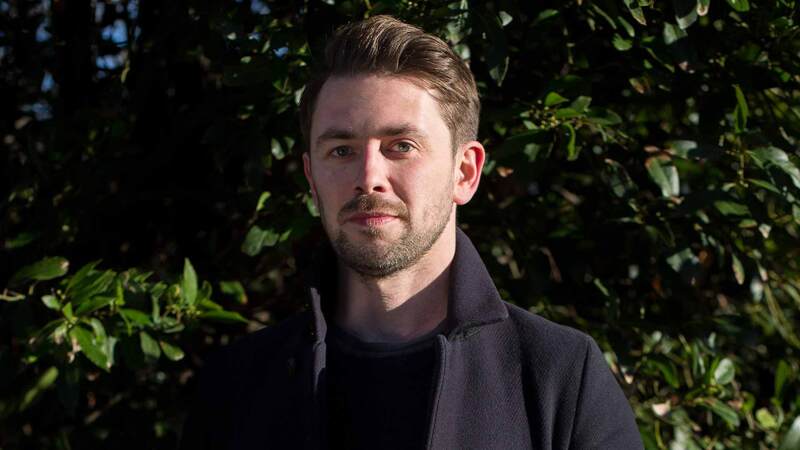Craft and creativity
AI is ushering in a new generation of creators that publishing should embrace.
I have no doubt that inside every human being on earth dwells something "creative". Do you?
The thing is, and it’s been pretty unfair, for millennia, expressing creativity meant mastering craft.
If you had an urge to make musical noises, you fashioned or played an instrument, or sang melodically or harmonically. If you looked at a bird in a tree, or fruit on a table, you picked up a piece of charcoal, or a paint brush, and captured the image and the feelings they inspired. When you had thoughts about adolescent love, or death, or clouds, you strung words together in a coherent and beguiling a "piece" of writing.
We have, forever, conflated creativity with craft.
Not only have we historically needed to identify within ourselves something "other than the normal", we’ve had to take that creative impulse, insight or notion, and express it in a way others can grasp. We have galleries full of paintings, concerts full of musicians, books, books, books and more books everywhere, read with zest and wonder! We like artefacts. A "thing" has been created. It has a presence, inspectable, digestible. Criticism, review and acclaim surround (if we’re lucky) each new piece of creativity we produce. Through the craft, we perceive the creativity.
There are less perceivably creative people in our world. The architects who design perfect arches. Whoever invented the wheel. The master-distiller, blending liquids in casks of sherry and port to make that perfect single-malt. Or a nurse who finds a way to make an old woman comfortable by playing her songs from her childhood. These days, also the TikToker who produces a new meme, combining a societal insight with a memorable tune and perhaps a signature dance.
Each human is creative. But not each human can craft, whether it’s with paintbrushes, words or filters on a social-media site.
AI solves this. It’s not a Stradivarius. It’s not a Porsche. It’s not squirrel-hair brush. But it is a new expresser, a means of fashioning an artefact from a creative impulse without having to master the craft of expression.
So long as you can articulate your notion, AI can make a decent stab at producing an artefact to represent your creativity. It’ll make music to your command. Write words. Produce an image. Whatever you’re trying to conceive and give birth to, AI disintermediates the historic imperative of "crafting". It takes your ideas and makes them evident. Others can see what you intend. People can relate to what you wish to convey.
Unheard voices will give further life to the industry, and all the new conceiving, thinking and expressing will attract new readers and build new genres
The liberation of global creativity excites me. Giving voice to the voiceless is exciting. Thinking about all the ideas we might be about to meet, previously unexpressed, is a pulse-racer.
If you’re reading this, you’re likely either a crafter, or someone involved in the craft-trade, including book publishing. AI is challenging the status quo. And it’s a positive thing. Though the task of managing the already tidal way of new "content" only becomes more onerous, there will be new variety, the input from previously unheard voices will give further life to the industry, and all the new conceiving, thinking and expressing will attract new readers and build new genres. This will all flow from new authors embracing "Crafter AI" and also from existing authors who will find they can research faster and deeper into their subjects, as well as embracing the previously daunting task of combining disparate concepts, which historically defied their understanding, into new streams of creative output.
A subject for another day, but one I have no doubt will increasingly become centre-stage: should publishers offer authors specialised AI models that facilitate them? I have no doubt authors are using AI, in a host of fashions – from the relatively mundane tasks of copy-editing to the more vivifying joys of conceiving new collisions of ideas and articulations of plots. I do doubt they’re getting AI to write very much for them – that is always going to be a distracting cul-de-sac of dull and characterless expression. Might it be that, soon enough, authors will look to publishers to measure the publisher-author value equation, not just through the intellectual collaboration, human co-iteration, support, encouragement, advice and navigation that publishers so uniquely provide today, but also by the quality of technology provided to them in their deals? Might one publisher’s clearly superior iteration of "AI for Authors" swing the deal in a competitive bidding situation? This, I believe, is more likely to be a non-fiction than a fiction.
If AI, used responsibly of course, liberates a fraction more creativity in life, shouldn’t we embrace it? The ability of so many in the world, previously muted, to be creatively enabled by AI, is surely something to celebrate. Let’s be humble enough to allow new AI-enabled creators into our midst. They might just bring us extraordinary new takes on life. After all, one of the things I love most about AI is its power to enable humans to be more human, not less.
